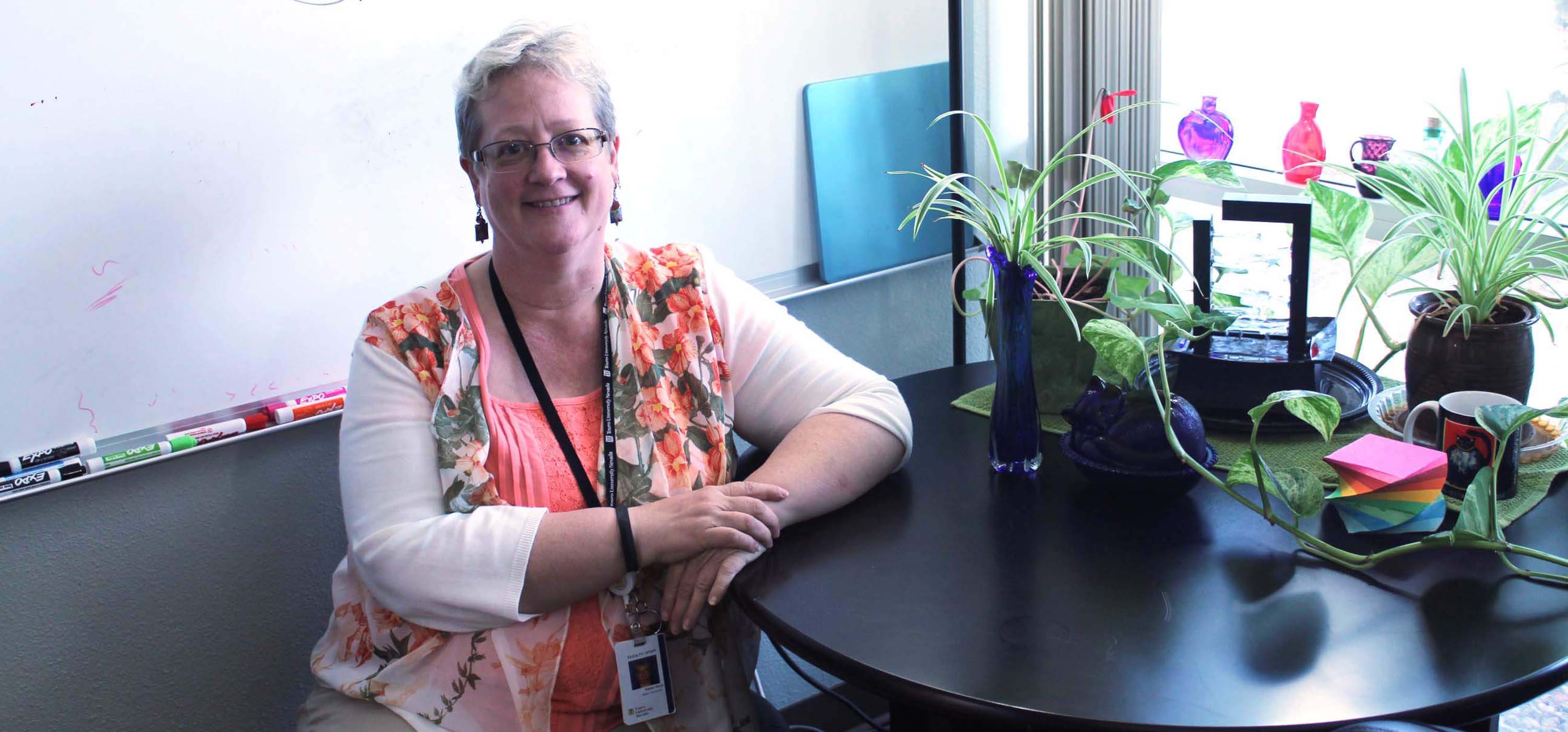
Faculty Focus: Dr. Karen Duus, Associate Professor, College of Osteopathic Medicine
In this edition, we sat down with Dr. Karen Duus, associate professor of the College of Osteopathic Medicine.
Where did you grow up and where did you go to college?
I grew up in South Minneapolis, Minn. My father was a Biology teacher and my mother was a nurse. Once I got to college, I went to Iowa State for my undergraduate degree in Microbiology and the University of Iowa for my Ph.D.
How did you get your start in Microbiology and how did it pique your interest?
My dad and I would conduct our own little experiments as a kid, much to the dismay of my mother.
When I was 10, there was the incident of the “slime mold” on the washer and dryer. There’s this really cool organism called dictyostelium, which is a slime mold usually found on dead wood. You can dry them down and the spores will revive them. So, dad had this small piece of paper with the dictyostelium on it. He had me put it in a five-gallon bucket, made sure it was slightly damp and told me to pour some oatmeal on it. So, I took it downstairs. After I did it, I noticed that it was coming out bright yellow as it crawled into the oatmeal. I went back upstairs and forgot to check on it.
Days later, my mom walked into the basement and we heard a loud shriek. My dad and I ran down there and we saw that this slime mold has crawled out of the five-gallon bucket and onto the dryer. My mom was horrified at the slimy mess.
My dad is the one who really got me interested in biology. As a teacher, he would bring home fish and grasshoppers and whatever else they were dissecting in class and we’d go through them.
Why did you decide to come teach at Touro University Nevada?
I wanted to be at a place that valued teaching but would also allow me to do the research, and that perfectly describes Touro. It’s a perfect fit.
At my previous university, research was everything and getting extra grants was critical. Well, between doing all of the research they wanted plus teaching, I was working 90-hour weeks. I was the course director for all of the medical students in microbiology; I was running funding, teaching and the research program. I was never home.
I’m so happy to be at Touro and I look forward to what the future holds for me here.
You went to college in the Midwest and have worked in the South, the Northeast and now the West Coast. What have you learned after being so well-traveled in the U.S.?
I’ve learned that there are very interesting regional and cultural differences. But the more places I’ve lived, the more I’ve learned that people are virtually the same. You have your kind and friendly people, and you have your not-so-friendly people. Usually the friendly people are in the majority.
Can you describe the research you are currently working on?
I’m a virologist, and I’ve mostly been interested in mammalian viruses, but bacteria have viruses too, otherwise known as phages. It’s thought that for every bacterial cell in existence, there are 10 phages. The numbers are mind-boggling, and we know virtually nothing about the vast majority of them.
Phages may be the answer to how to deal with antibiotic resistance. They’re very specific to the bacteria and are even specific to a strain of bacteria. It’s a whole new frontier in Biology, and through a grant I was able to get, I’ve started a phage discovery program here for the entire Touro system.
Part of that discovery will be developing a therapy for tularemia, also known as rabbit fever. I’ve been working on developing phage therapy with a colleague in New York, and another colleague here at TUN, we’re hoping to combat this epidemic of antibiotic resistant bacteria that is becoming a global health care crisis.
What do you enjoy the most about working at Touro?
That lovely open-door policy. The fact that the students feel comfortable enough to just drop by and ask a question is great. Also, it’s a smaller university with all of these incredibly interesting programs. I teach in the PA program, I teach a lot in the MHS program, and of course I teach the first and second-year D.O. students.
I also get to play in the lab too. It’s so much fun.
If you could give your students one piece of advice, what would it be?
Time management. I would say of all the skills the students come in with, time management is the most critical. You’ve got so much to learn in so little time, and you want to have a life at the same time.
Think about all we’ve learned about Biology in the last 30 years. Well, medical school is only four years, so with every year that passes, you’re getting more information. Time management is critical.
Learn More About Touro Nevada's DO Program


